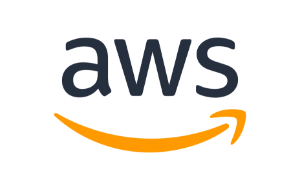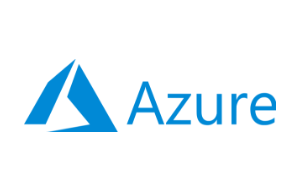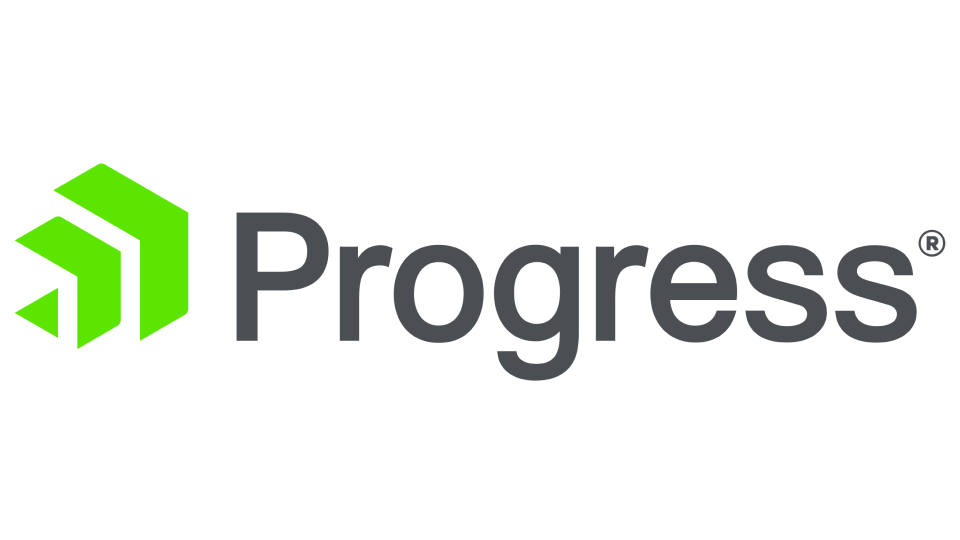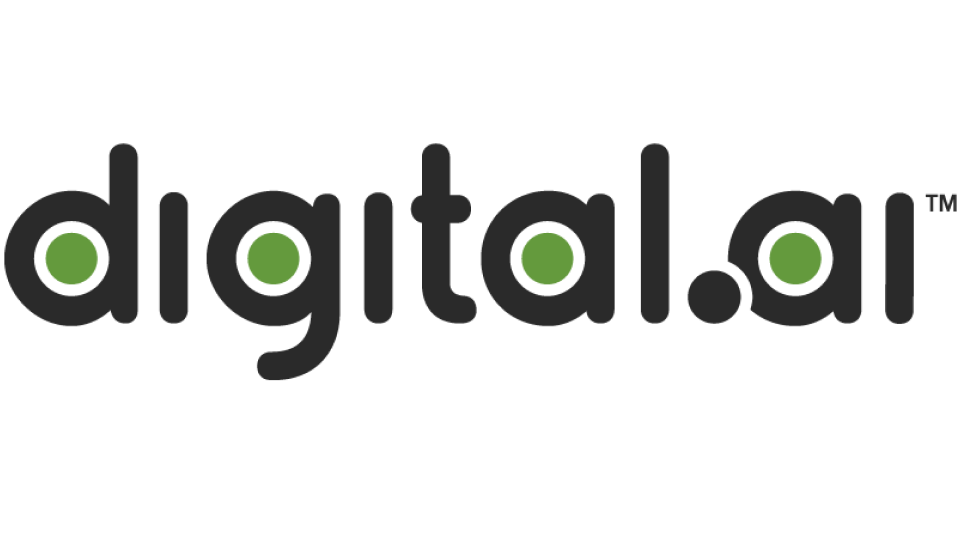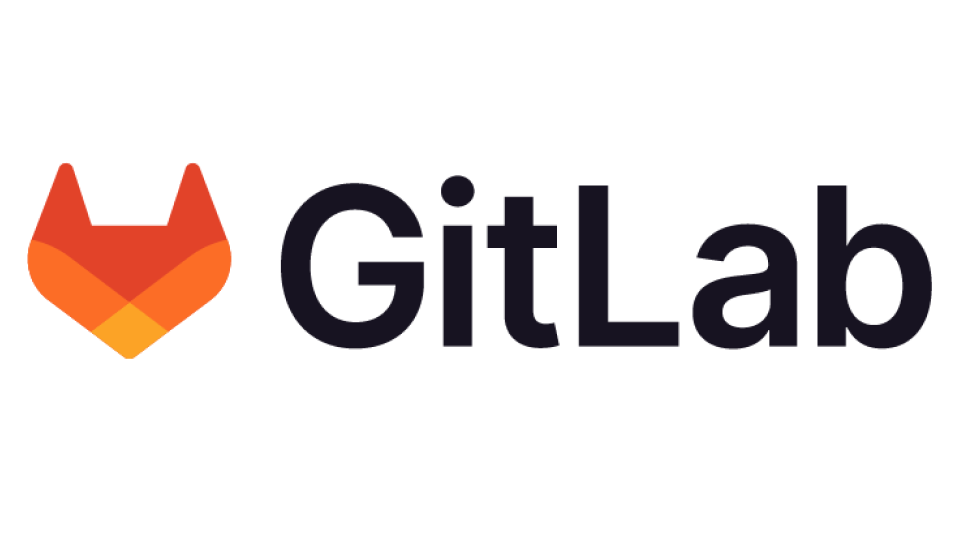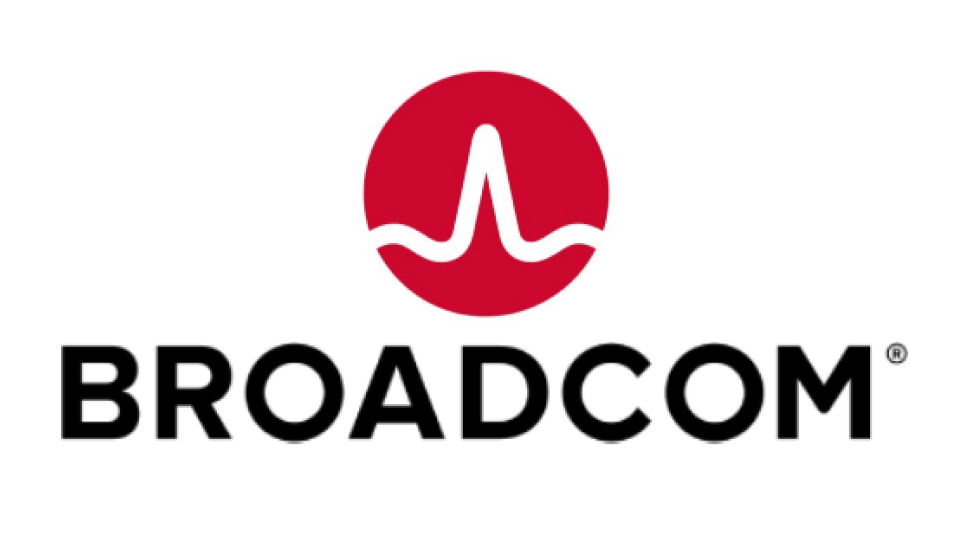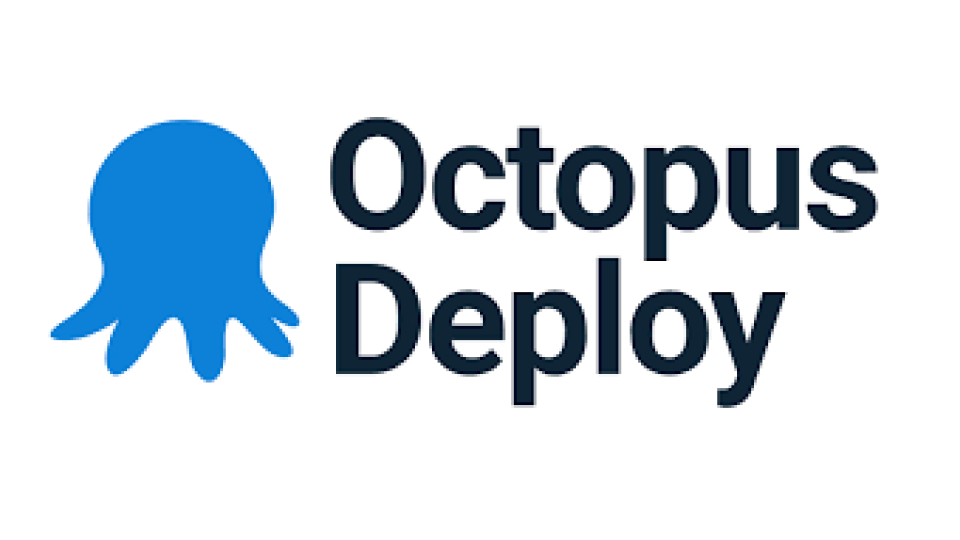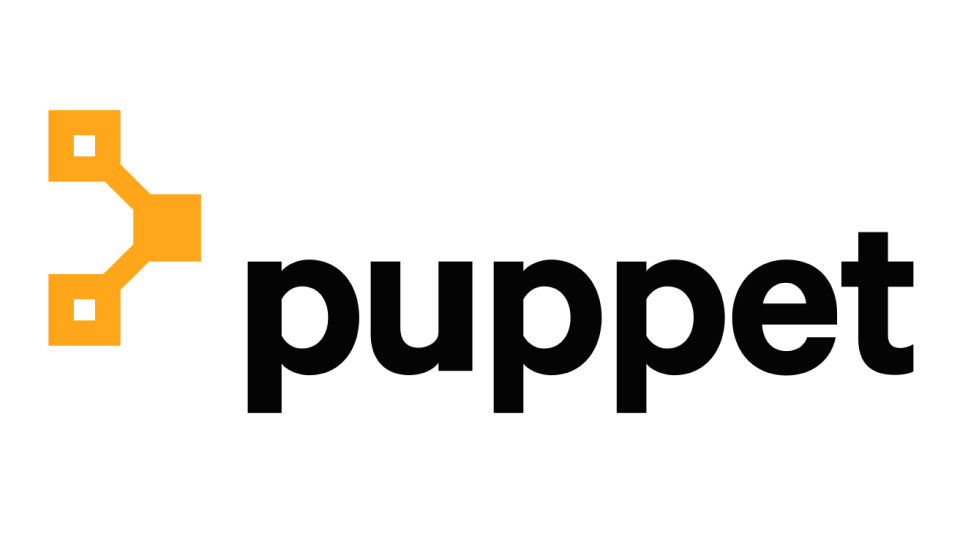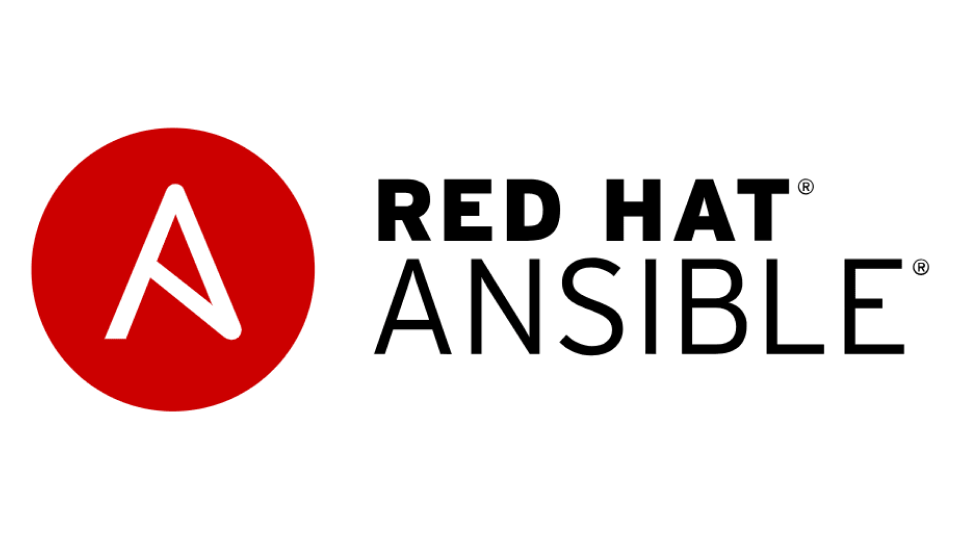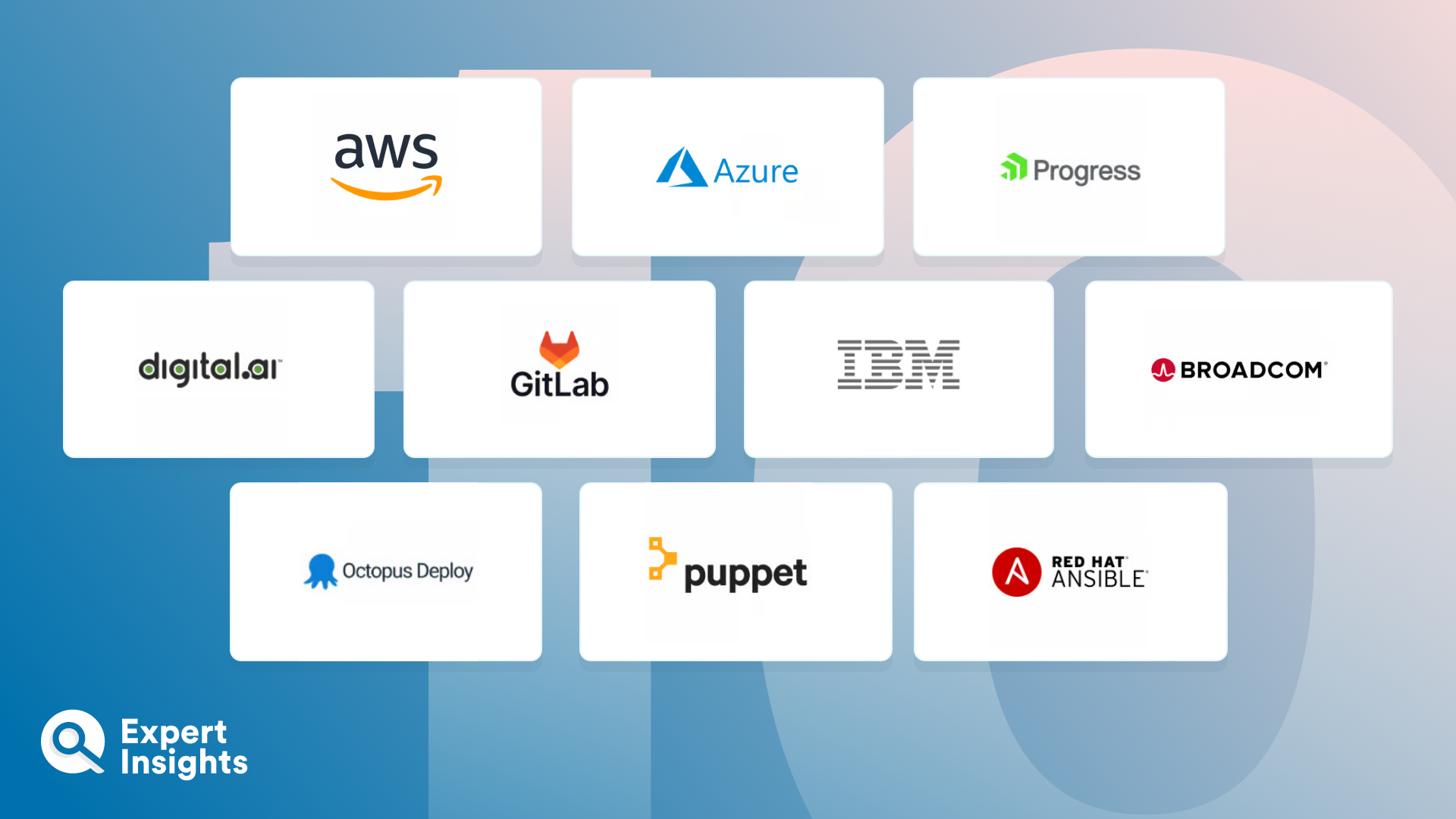Application Release Orchestration (ARO) tools are crucial for modern organizations seeking to manage, plan and coordinate the process of preparing and deploying software updates and new releases with precision and control. By implementing an ARO strategy, organizations can streamline and automate this process, thereby improving delivery efficiency, reducing risk, and accelerating the release cycles.
With ARO tools, teams can coordinate the various stages of software delivery – from integration and testing to deployment – across different environments, equipment, and teams with complete visibility and governance. This release management process ensures that applications are stable and operate as expected in their live environment.
ARO tools serve as a convenient bridge between development and operations, enabling a seamless transition to a DevOps-based approach. The implementation of ARO tools typically leads to faster throughput, fewer errors, and a much-improved feedback loop. They can also provide auditability for compliance purposes, can help to monitor and manage dependencies, and mitigate the risks associated with manual release plans.
The market for ARO tools is filled with providers delivering a host of unique features and capabilities. To help you cut through the sea of providers and find the right solution for your use case, we’ve identified the top ARO platforms. We’ll cover off their key features, as well as suggesting what type of organization would benefit most from their implementation.



